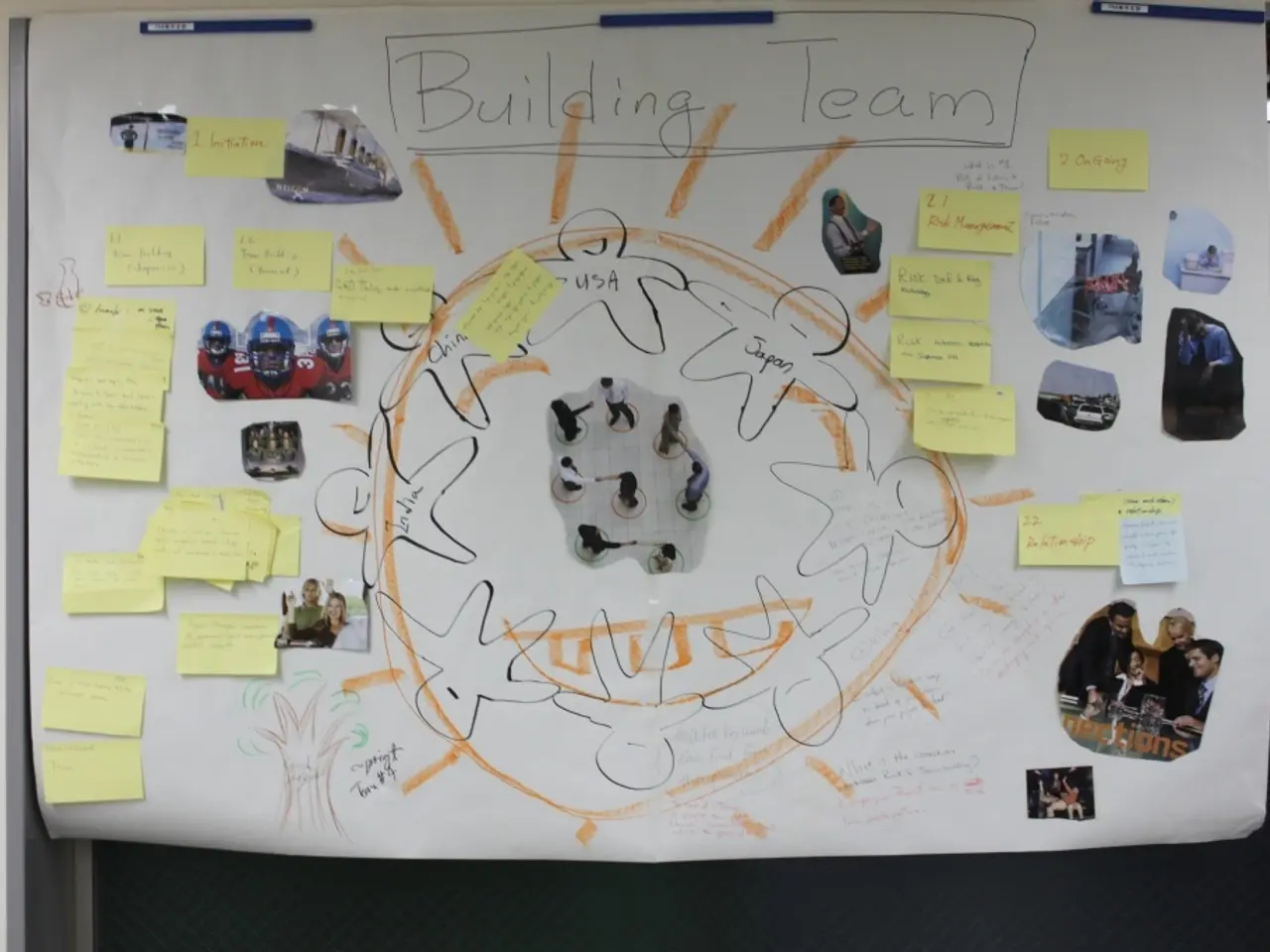Assessment Methods for Identifying Dementia
In the journey of dealing with dementia, an early and accurate diagnosis is crucial. This article provides an overview of the diagnostic process, from the initial symptoms to the various tests used to confirm a diagnosis.
When a person starts to experience increasing forgetfulness or memory problems that interfere with their daily life, it is advisable to consult a doctor. Some common signs that prompt a visit include difficulty completing familiar tasks, confusion with time and place, problems finding the right words, and issues with following or joining conversations.
A primary care physician will begin their assessment by asking a series of questions about a person's medical history, including their psychiatric history and the history of their behavioral or cognitive changes. They will also ask about medical conditions affecting family members and whether the person has relatives with Alzheimer's disease or dementia.
Several other medical tests may be performed during the diagnostic process. A doctor may arrange for blood tests to help rule out other causes of symptoms, such as hormonal imbalance, vitamin deficiency, or diabetes. Imaging tests like CT or MRI scans, PET scans, and brain imaging tests are also used to see brain changes and rule out other conditions that may cause the symptoms.
No single test can diagnose dementia. Clinicians typically use a combination of tests to accurately diagnose the condition. Common cognitive assessment tests used by doctors include the Mini-Mental State Examination (MMSE), Montreal Cognitive Assessment (MoCA), Saint Louis University Mental Status Exam (SLUMS), Self-Administered Gerocognitive Examination (SAGE), Addenbrooke’s Cognitive Examination (ACE), and Digitally Administered Tests like Automated Neuropsychological Assessment Metrics (ANAM) and Cognivue.
The MMSE and MoCA remain the most common brief cognitive screening tests, with SLUMS and SAGE serving as alternatives based on patient characteristics and clinical settings. These tests generally include a complete blood count, liver, kidney, and thyroid function tests, vitamin B12 and folate levels, and hemoglobin A1C.
An early diagnosis allows a person and their loved ones to plan for future care, support, and treatment. It gives them time to arrange legal and financial matters, and it provides relief by answering the reason behind a person's failing memory, behavior changes, and communication difficulties.
People can also call the Alzheimer's Association's 24/7 helpline at 800-272-3900 for support, resources, and guidance in caring for people with dementia. Different services are available for people with dementia, depending on the level of support they need. These include day-to-day support through respite services and adult day care centers, long-term care through paid home care services, residential care through nursing homes, residential care, and retirement communities, and hospice services.
In conclusion, an early and accurate diagnosis of dementia is essential for accessing treatments, building a care team, enrolling in clinical trials, and planning for the future. If you or a loved one is experiencing symptoms of dementia, it is important to seek medical advice and begin the diagnostic process as soon as possible.
- A q patient exhibiting increasing forgetfulness and memory problems should immediately seek the advice of a primary care physician.
- In the diagnostic process, a doctor may use contextual questions about a patient's medical history to better understand their psychiatric history and cognitive changes.
- To rule out other causes, a doctor might perform blood tests for conditions like diabetes, hormonal imbalance, vitamin deficiency, or diabetes, and also conduct imaging tests like CT, MRI, PET scans, and brain imaging tests.
- Clinicians may use predictive science to diagnose dementia, combining tests like the MMSE, MoCA, SLUMS, SAGE, ACE, ANAM, and Cognivue for a comprehensive diagnosis.
- If diagnosed early, the persona can plan for future medical-conditions such as obesity, cancer, or mental-health issues like Alzheimer's, and take steps to ensure health-and-wellness support.
- For additional support, seekers can reach out to the Alzheimer's Association's 24/7 helpline and receive guidance on services like respite services, paid home care services, residential care, and hospice services.
- Paxlovid and other treatments can be more effective when dementia is detected in its early stages, allowing for a more promising health-and-wellness journey.




